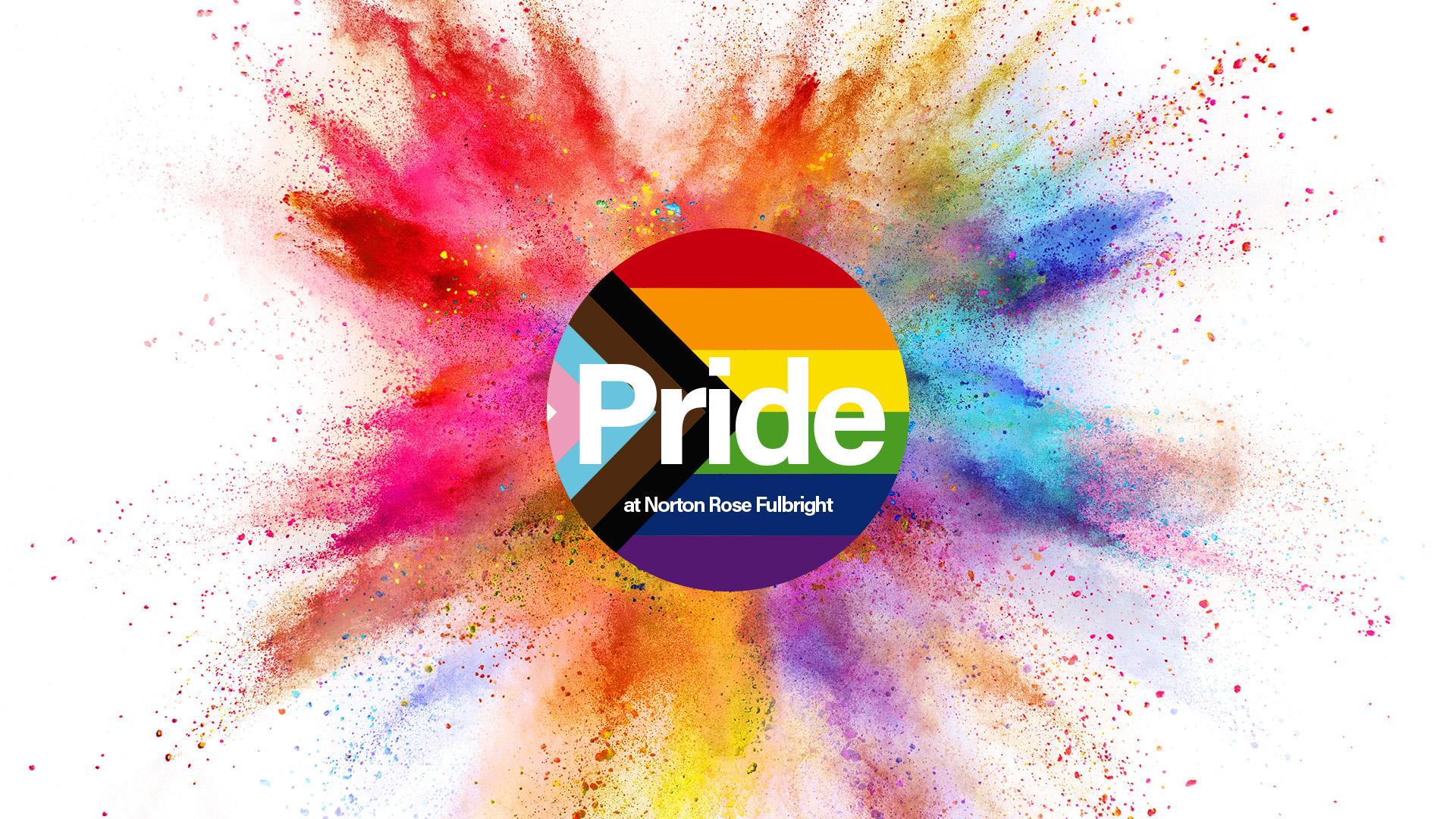I grew up in West Texas, a community more akin to Friday Night Lights than Dallas, Austin, or Houston. I always knew something was different about me (i.e. I was more interested in playing with my sister’s Barbie dolls – and she with my G.I. Joe toys). I did not, however, realize that there were actually other people like me (I learned the term “being gay” later on) until 1996, when I went on a school trip to New York City and saw two guys walking down the street holding hands. I was thrilled and thought, “Wow! There are actually other people like me!”
Growing up, there was little LGBTIQ+ representation in my community, or in television or films. What little representation there was tended to be stereotypical—an overly flamboyant man, butch lesbian, or the mentally deranged criminal. Coming of age in the late 1980s and 1990s was also very scary. It was the height of the HIV/AIDS epidemic and there was little, if any, education provided at school or available resources. Our health classes did not discuss or cover any LGBTIQ+ issues and the only resource was the city health department.
During my senior year of high school, I learned my Calculus teacher was involved with the local chapter of PFLAG, an organization dedicated to supporting, educating, and advocating for LGBTIQ+ people and their loved ones. Finally, I had found someone I felt comfortable talking with – a safe space.
After graduating from high school, I moved to Austin, TX for college. Suddenly, I was living on my own, in a big city with a sizeable LGBTIQ+ community, and I was free to be myself. I definitely went overboard with my newfound freedom but I was also happier than I had ever been, with the ability to be myself. In no time, I was meeting other LGBTIQ+ individuals and had many resources at my fingertips. The university provided free counseling to students, and after several years of regular counseling, I finally began to realize there was nothing wrong with being gay and that it was not something I had to cure. I learned to accept and celebrate myself.
Still, I did not come out “professionally” until I started law school in the Northeast, and I never looked back. For the first time in my life, I was completely out.
I wanted my new law school friends to, as early on as possible, know the real me; and I soon came to learn that living authentically led to more honest, deep, and endearing friendships – both personally and professionally.
Since then, there have been no more awkward pauses when someone has asked if I am married, or for my girlfriend’s or wife’s name. I am free to be honest about things affecting my life (like when I needed some time off when husband’s grandmother passed away). I also no longer fear running into colleagues outside of the office and awkwardly having to think, “How do I introduce my husband?” Most importantly, I no longer feel like I am living two lives or that I need to hide the real me.
I value working at a law firm where our differences are celebrated and where I feel supported to be who I am.
Over the years, I have also realized the importance of allyship. Allies are some of the most powerful and influential voices in advocating for equality. They amplify our voices and can reach communities with which LGBTIQ+ people might not have strong relationships.
This Pride Month, I am challenging myself to continue looking for ways that I can be an ally and advocate for others so that we continue to progress towards a more equal and just world.




